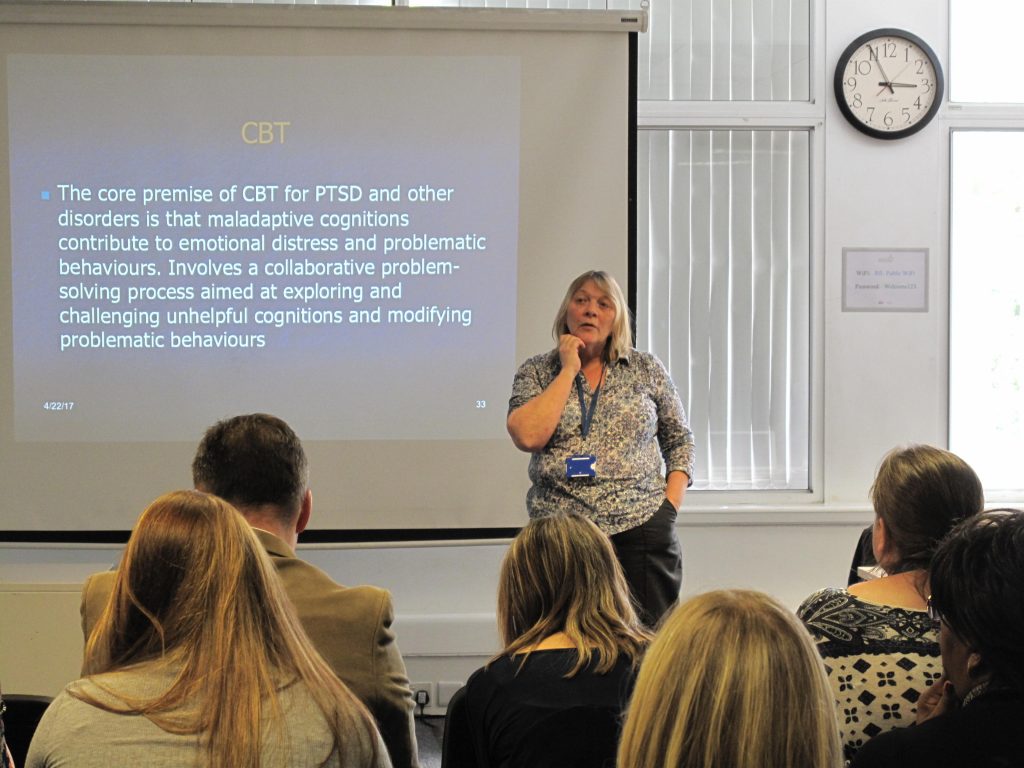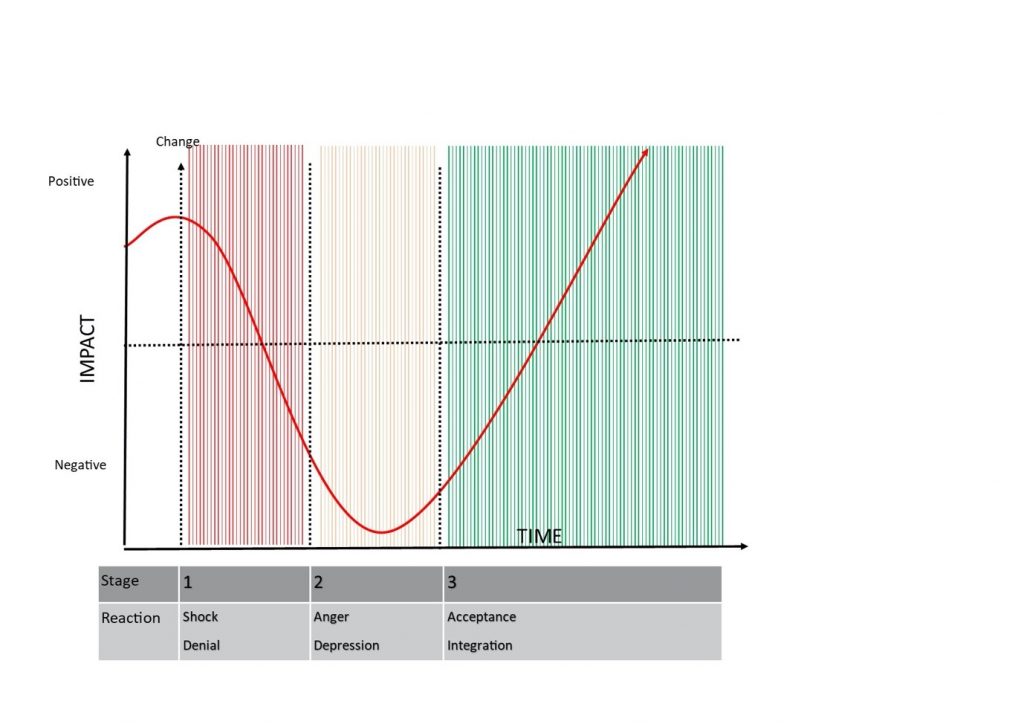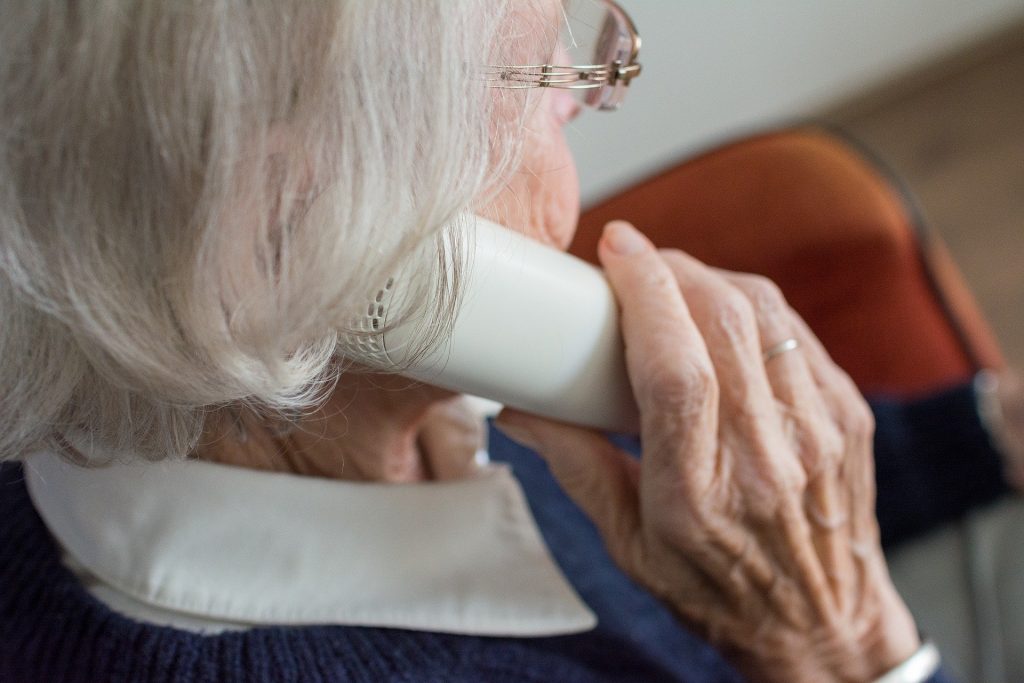
Helpline: 03444 775 774 | Text support: 07537 416 905 (open Mon-Fri 09:30-17:30)
Helpline: 03444 775 774 (M-F 930-530pm)
Text: 07537 416 905
Text: 07537 416 905

Written by Kate Bosanquet, Beatrice Lukoseviciute, Kelly Rushton, Nicky Lidbetter
We are living through unprecedented times. Never in our lifetime have we been forced to isolate and cease close contact with others except for those we live with. COVID-19 has compelled us to make substantial changes to the way we live, work and interact with the world. Some of these changes may have been welcomed by some; life has become a bit less busy and hectic, but many aspects of the lockdown have worsened people’s mental health by preventing them from spending time with friends and family and doing activities that help maintain their wellbeing. We are entering a period where more and more people may develop problems with their mental health, and for those who already struggle to manage their condition, it could worsen.
Fortunately, COVID-19 has not prevented practitioners who deliver psychological therapies from being able to provide effective treatment to people who want to receive support. Access to telephone-based support is an established, evidence-based option available through the NHS Improving Access to Psychological Therapies (IAPT) services in England, and organisations such as Anxiety UK. The provision of remote treatment has therefore meant that people have been able to continue receiving support during the lockdown.
Along with NHS IAPT services, Anxiety UK provides people with the opportunity to choose how they wish to access treatment, whether that be face-to-face, over the telephone or online. Although in some other services the idea of remote treatment is new, research and feedback has shown that not only is telephone treatment just as effective as face-to-face, it can also provide additional benefits.
Firstly, it provides convenience; people do not need to leave the house and negotiate the costs and hassle of using transport to attend appointments, which can help those who are unable to travel due to ill-health or geographical challenges. A client who accessed therapy through Anxiety UK commented – ‘I love telephone therapy, having to travel to face-to-face sessions, find parking and make sure I was on time always heightened my anxiety and prevented me from getting the most out of the time.’
Secondly, it is a flexible form of treatment; it can provide increased freedom to schedule appointments that fit around busy lives for those who might work full-time, have children or care for others. An Anxiety UK client who accessed telephone based therapy said – ‘I found the experience really accessible and the therapist made me feel very comfortable from the outset. The fact it was over the phone meant I could access the support in the evenings and it was so much easier than having to travel anywhere. ’
Thirdly, it can encourage openness; some people report finding it easier to talk when they are not face-to-face with a practitioner, as the telephone provides them with sense of privacy and anonymity which enables them to speak more freely.
Finally, the telephone can enable services to provide treatment more inclusively; offering people who may not have been able to access psychological therapy face-to-face – because of stigma or cultural reasons – the opportunity to access treatment on their own terms.
Despite the fact that treatment over the telephone is proven to be effective and has lots of benefits, many people still feel sceptical when they are offered telephone rather than face-to-face treatment. Lack of knowledge and understanding about how it works makes some people dubious about it, concerned that it will not help them in the same way as seeing a practitioner face-to-face. However, in today’s unusual circumstances, it may be that those who were hesitant about trying treatment over the telephone before COVID-19 are perhaps more willing to give it a try at a time when there are few alternatives. In the current situation the only option to receive psychological treatment is remotely, and for many people, that is via the telephone – so we should thank our lucky stars that this option exists.
Let us hope that one positive outcome from the COVID-19 crisis is that a greater number of people experiencing mental health problems feel more confident in engaging with treatment over the telephone. As telephone based treatment becomes the norm, and something people become more familiar with it, the benefits of telephone treatment will be available to more people who might not otherwise have been able to access help. The telephone, far from being an outdated form of communication, has become a la mode, a position it rightly deserves.






We will not tolerate rude, abusive, offensive, racist or sexist language. Any contact received with content deemed offensive, abusive, racist, sexist etc. will not be responded to as we operate a zero tolerance policy to abuse of any form. Legal action will be considered/taken if appropriate. For more information click here.
Download a copy of our Environmental policy, click here.
Let us know how we’re doing by leaving a review – your feedback is really important to our small team.
Anxiety UK, Nunes House, 447 Chester Road, Manchester M16 9HA
Support channel details:
Helpline: 03444 775 774
Text: 07537 416905
Other contact details:
Admin: 0161 226 7727
To find your downloads on Android, open the phone's file manager. If the device doesn't have one, you can download a file manager from the Google Play Store. Open the file manager app and go to the Downloads section. You will see a list of all your downloaded files, photos, videos, and documents here.
